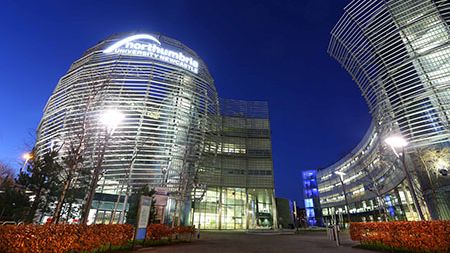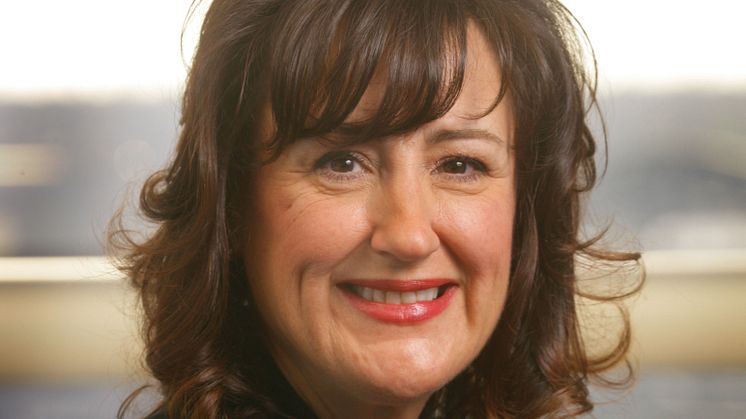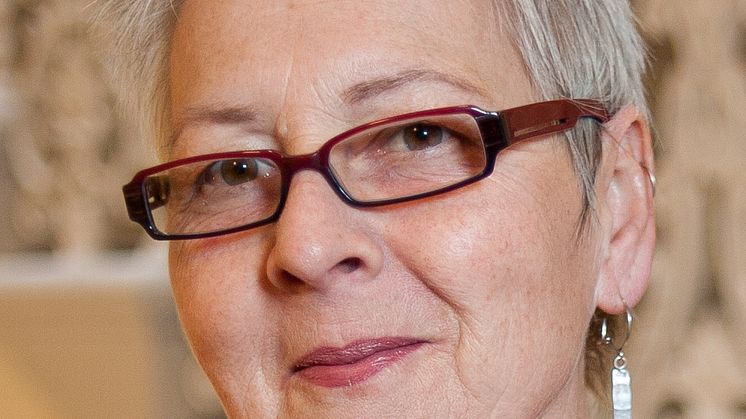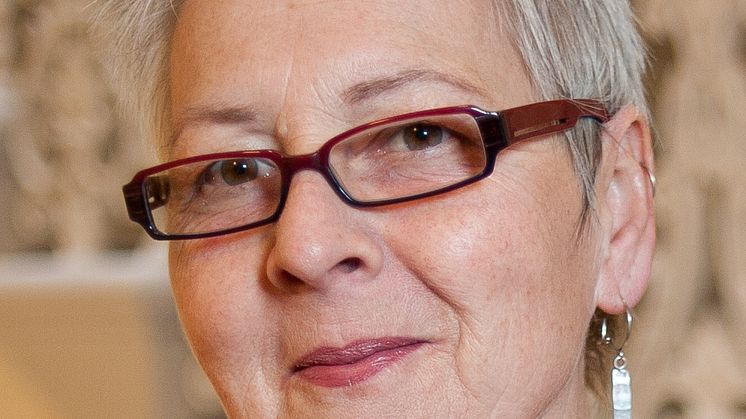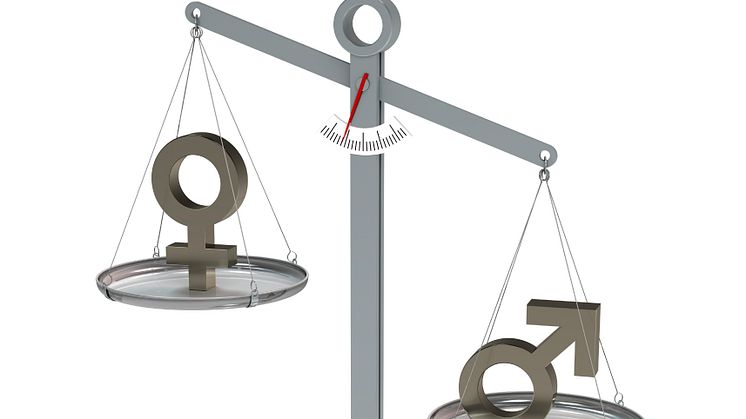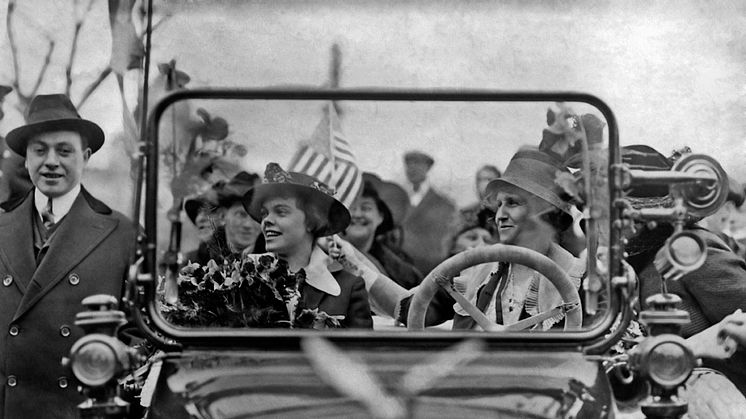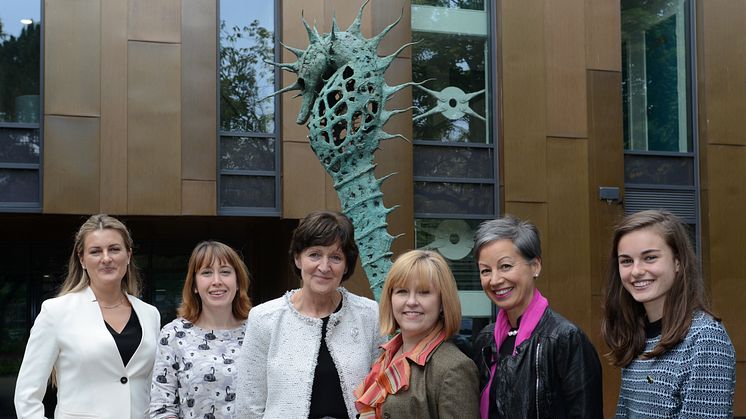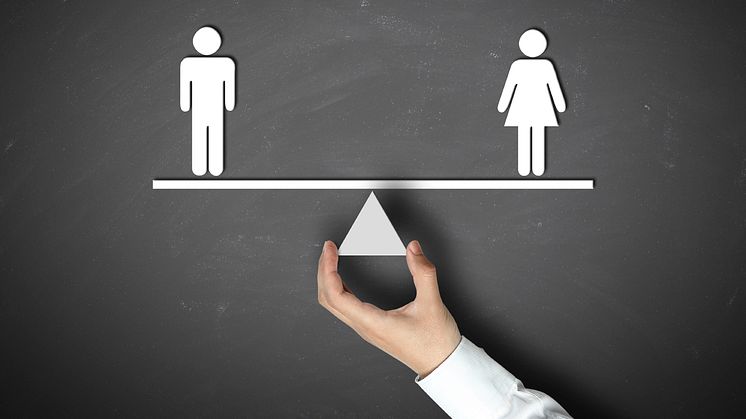
Press release -
COMMENT: We didn’t solve many problems for women in 2015, but it’s good to talk
Karen Ross, Professor of Media at Northumbria University, discusses women in 2015 for The Conversation.
At the UN meeting on gender equality and women’s empowerment, which took place in New York in September 2015, 80 global leaders committed to “Planet 50:50 by 2030”. In other words, the leaders who attended the conference gave themselves another 15 years to get it right. But given the meagre representation of women in the media, both as newsmakers and as media professionals, could we see a bit of action on the media front a bit sooner that that please?
The visibility of women in the news has risen by between six and seven percentage points in 20 years, now standing at 24% of everyone who is seen, heard or read about. At that excruciatingly slow rate of change, I will be long dead and my daughters old and grey before gender parity is realised and certainly nowhere near as quickly as 2030.
In 2015, though, there were some important stories about women, certainly not enough to make this the year of the woman, but at least a year in which some of the broader issues of gender and equality got (back) on the agenda.
In February, Patricia Arquette used her Oscar acceptance speech to make some trenchant comments about equal pay. She received much applause from the audience as she said:
It’s our time to have wage equality once and for all, and equal rights for women in the United States of America… It is time for women. Equal means equal. And the truth is, the older women get, the less money they make.
Her call, and those of many others, has yet to be answered, despite the findings from a recent report which suggested companies with more diverse boards are more successful.
A high office of one’s own
2015 has been a relatively good year for women in politics: we saw more countries being governed by women prime ministers and presidents than ever before. You could be forgiven for not knowing this, however, since a 2015 report revealed that women comprise a mere 16% of people who featured in news stories about politics.
In the run up to the British election in May, it looked like one woman might make up that total by herself – although she wasn’t even standing. Nicola Sturgeon, Scotland’s first minister, arguably stole the campaign limelight, infamously being described by Piers Morgan in the Daily Mailas the “most dangerous wee woman in the world”.
Sturgeon’s triumph was matched by that of Aung San Suu Kyi when her National League for Democracy Party won a landslide victory in Myanmar in November. But unlike Sturgeon, Aung San Suu Kyi has no chance of becoming the country’s ruler because its constitution disallows a contender whose children are citizens of another country: both her sons have British passports.
And despite it being the worst kept secret in the world, it was actually in April this year that Hillary Clinton officially confirmed her bid for the White House – an intention she made public on YouTube saying: “everyday Americans need a champion. And I want to be that champion.” At the time of writing, her video had been watched nearly 700,000 times with slightly more thumbs up (6,443) than thumbs down (5,450).
A taxing problem
In November, the British government announced plans to almost entirely remove the feminist movement from the politics A-level curriculum save for a throwaway mention of the Suffragettes and mention of one women political thinker (Mary Wollstonecraft).
It was odd timing, coming so quickly after the release of the film Suffragette, which is already being tipped for an Oscar and which saw box office receipts of just under £3m in its opening weekend: people are interested in history – and in the women and the men who made it.
At more or less the same time, in his spending review speech, chancellor George Osborne pledged to use the taxes collected on the ‘non-essential luxury’ of sanitary protection, to support women’s services. He conveniently forgot to mention that those services were now in need of support because he had cut their funding.
You can’t help but wonder if he had discussed his big idea with anyone who has a uterus. At least the issue brought us footage of MP Stella Creasy joyfully encouraging one of her male colleagues to utter the word “tampon” in the House of Commons.
Women are the 51%. We are not going away. We are not going to be silent or silenced. 2015 might not quite have been it, but our year is coming, very soon.
This article was originally published on The Conversation. Read the original article.
Topics
Categories
Northumbria is a research-rich, business-focused, professional university with a global reputation for academic excellence. To find out more about our courses go to www.northumbria.ac.uk
If you have a media enquiry please contact our Media and Communications team at media.communications@northumbria.ac.uk or call 0191 227 4571.








